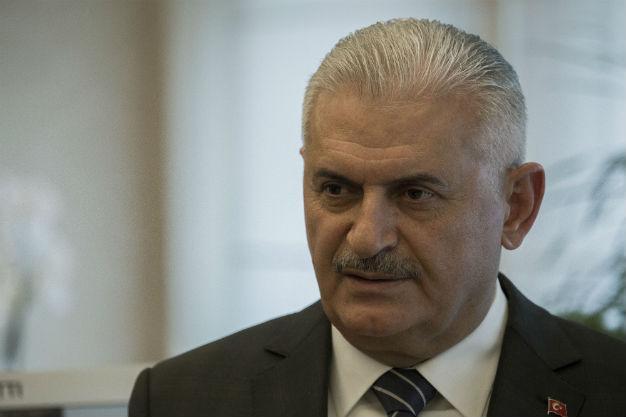Turkish minister blames university over cyberattacks
ISTANBUL

AA photo
A minister has blamed the Turkish university managing DNS serverd over recent cyberattacks that targeted websites with the extension “.tr,” saying insufficient measures had been taken.Transportation Minister Binali Yıldırım said the Middle East Technical University (ODTÜ) should have taken more measures over the attacks, while highlighting the danger of cyberwar.
“We have seen with this attack that ODTÜ did not take sufficient measures,” Yıldırım said, while underlining the seriousness of the problem as well as the need for cooperation.
He also said the recent attacks primarily targeted DNS servers managed by the university.
“ODTÜ manages the servers but it is a national security issue. Necessary measures should be taken against these kinds of attacks,” Yıldırım said, adding that ODTÜ refused to give the servers to Turkey’s Information and Communication Technologies Authority (BTK), while also taking the issue to court.
Yıldırım said the state had passed a cyber security bill, highlighting the significance of the two issues.
“Cyberwar could result in much worse [results] than real war. We are taking all kinds of measures and we should take more,” Yıldırım said, vowing to continue taking measures against the attacks.
Turkey has been experiencing cyberattacks, which started on Dec. 14 and targeted nearly 400,000 websites with the extension “.tr.” The cyberattacks nearly came to a halt in the morning hours of Dec. 21, and recovery and damage assessment has been launched by leading IT organizations along with Middle East Technical University (ODTÜ).
Turkish IT professionals in response banned access to Turkish DNS servers from abroad and communication channels were re-opened when the cyberattack first started. Around 400,000 websites, however, were denied access from abroad.
IT professionals initially thought Russia was behind the cyberattack, but it has since been revealed that the self-proclaimed hacktivist group Anonymous is behind the attacks. The group started attacks because of Turkey’s alleged support of the Islamic State of Iraq and the Levant through illegal purchasing of the militant group’s oil, claims that have been refuted by Turkey and the Kurdistan Regional Government (KRG).
















